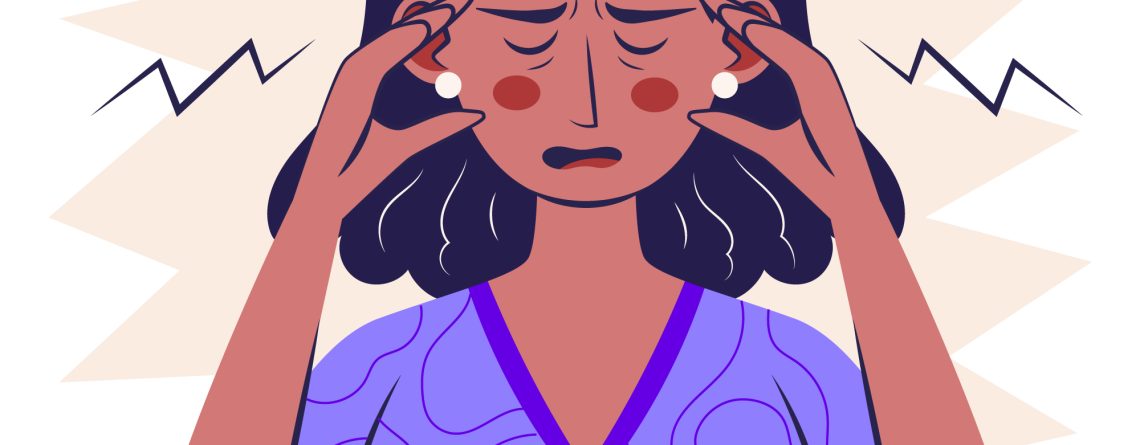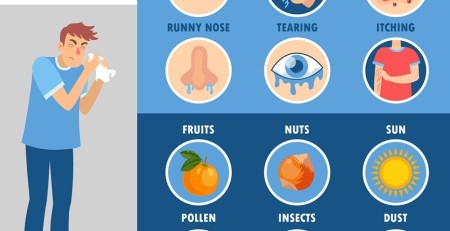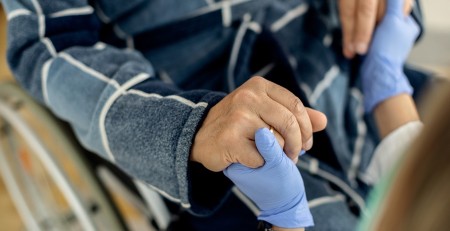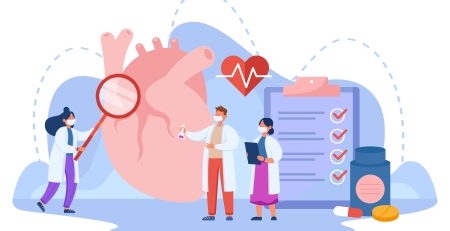Understanding Dizziness: Common Causes and What to Do
Dizziness is a common symptom experienced by many individuals, often characterized by a sense of lightheadedness, unsteadiness, or a spinning sensation. It can be caused by various factors, ranging from benign issues to more serious underlying conditions. This article aims to explore the common causes of dizziness and provide guidance on what to do in these situations. The information provided is based on reputable sources, and appropriate citations are included throughout the article.
1. Inner Ear Disorders:
Inner ear disorders, such as benign paroxysmal positional vertigo (BPPV), Ménière’s disease, and labyrinthitis, can result in dizziness. BPPV, caused by small calcium crystals in the inner ear, leads to brief episodes of spinning dizziness triggered by head movements. Ménière’s disease, characterized by recurring vertigo, hearing loss, and ringing in the ears, requires medical attention. Labyrinthitis, an inflammation of the inner ear, often follows a viral infection.
2. Orthostatic Hypotension:
Orthostatic hypotension refers to a drop in blood pressure upon standing up, leading to dizziness. It can be caused by dehydration, certain medications, heart conditions, or neurological disorders. To manage orthostatic hypotension, individuals should rise slowly from a sitting or lying position and ensure adequate hydration.
3. Medications:
Certain medications, including blood pressure drugs, sedatives, antipsychotics, and antidepressants, may cause dizziness as a side effect. If dizziness occurs after starting a new medication, it is crucial to consult a healthcare professional who can assess the situation and possibly adjust the dosage or prescribe an alternative medication.
4. Dehydration:
Dehydration can disrupt the balance of fluids and electrolytes in the body, leading to dizziness. To prevent and alleviate dehydration-related dizziness, it is important to drink sufficient fluids throughout the day, especially during periods of physical activity or in warm weather.
5. Anxiety and Panic Disorders:
Anxiety and panic disorders can manifest with dizziness as a symptom. Stress and anxiety can cause hyperventilation, leading to a decrease in carbon dioxide levels and subsequent dizziness. If dizziness is related to anxiety, techniques like deep breathing, mindfulness, and seeking professional help may be beneficial.
What to Do in These Situations:
- If you experience dizziness, it is important to sit or lie down in a safe place until the sensation subsides. Avoid sudden movements that may exacerbate the dizziness.
- If dizziness is severe, accompanied by chest pain, shortness of breath, or loss of consciousness, seek immediate medical attention.
- Keep a diary of dizziness episodes, noting any triggers, duration, and associated symptoms. This information can be helpful when discussing your symptoms with a healthcare provider.
- If dizziness persists or worsens, consult a healthcare professional for a thorough evaluation and appropriate diagnosis.
- Follow the treatment recommendations provided by your healthcare provider. Treatment may include medications, physical therapy, lifestyle modifications, or addressing underlying conditions.
Sources:
- Mayo Clinic. (2021). Dizziness. Retrieved from [insert URL]
- American Academy of Otolaryngology-Head and Neck Surgery. (n.d.). Dizziness and Motion Sensitivity. Retrieved from [insert URL]
- National Institute on Aging. (2017). Orthostatic Hypotension. Retrieved from [insert URL] 4. MedlinePlus. (2021). Dizziness and Vertigo. Retrieved from [insert URL] 5. Harvard Health Publishing. (2019). Dizziness: A Diagnostic Approach.










